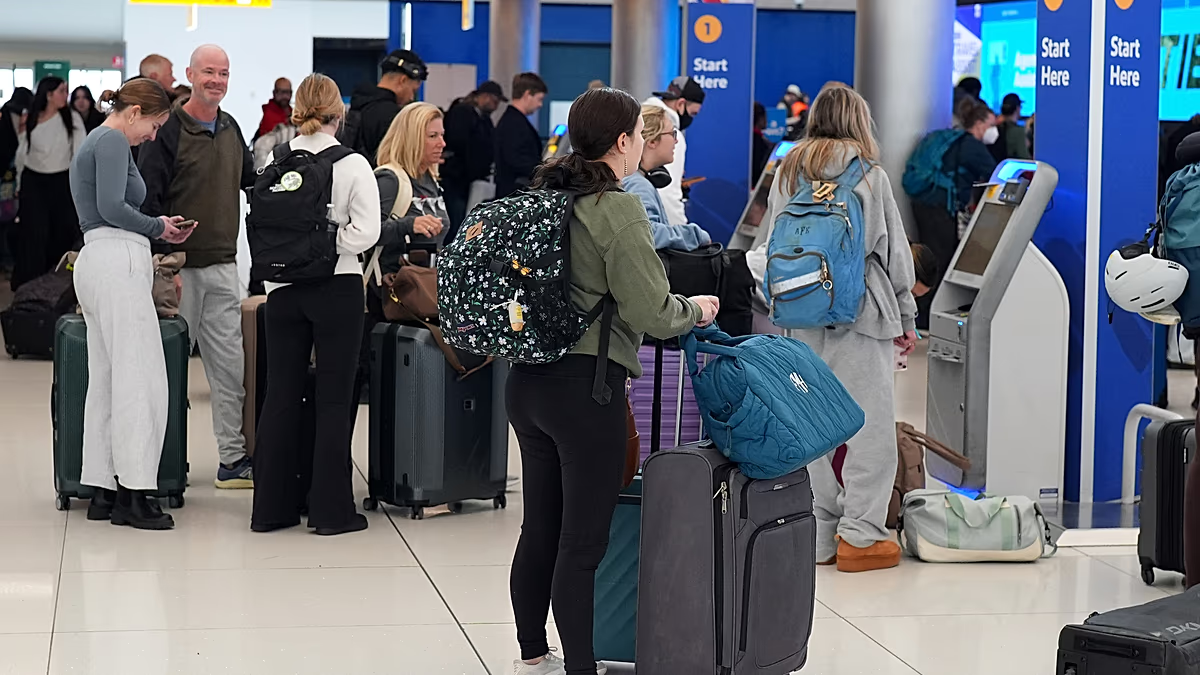Belgium’s National Strike: A Disruptive Day for Air Travel
The recent national strike in Belgium has caused significant disruption across the country, with particularly severe impacts on air travel. Two major Belgian airports have confirmed the cancellation of hundreds of flights, leaving thousands of travelers scrambling to adjust their plans. This labor action, which involves workers from various sectors expressing their discontent with current economic conditions and government policies, has effectively paralyzed much of the country’s transportation infrastructure for the day.
Behind these flight cancellations are the stories of countless affected individuals – families whose vacations have been delayed, business professionals missing important meetings, and airport staff working under challenging conditions to manage the situation. Airport authorities have been working around the clock to provide information and assistance to stranded passengers, many of whom arrived at terminals unaware of the strike’s full impact. The scene at check-in counters has been one of long queues and frustrated conversations, as airline representatives attempt to rebook passengers on future flights.
The strike extends far beyond just the aviation sector, reflecting broader tensions in Belgian society. Workers are protesting for better wages, improved working conditions, and more job security in an increasingly uncertain economic climate. Labor unions have organized this coordinated action to demonstrate their collective bargaining power and draw attention to what they describe as inadequate responses from both government and industry leaders to the rising cost of living and stagnating wages that many Belgian workers face.
For the average Belgian citizen not traveling today, the strike’s effects are still being felt through disruptions to public transportation, government services, and various industries. Schools have reported reduced attendance as teachers join the strike and parents struggle with childcare arrangements due to transportation difficulties. Meanwhile, businesses across the country are reporting significant losses as employees cannot reach workplaces and consumer activity drops dramatically during what has essentially become an enforced day of reduced economic activity.
Government officials and union representatives have expressed contrasting views on the necessity and impact of the strike. While labor leaders defend the action as a last resort after failed negotiations, government spokespersons have criticized the widespread disruption to essential services and its economic cost during an already challenging period. The public’s reaction has been similarly divided, with some citizens standing in solidarity with strikers while others express frustration at the inconvenience and economic damage caused by such large-scale industrial action.
As evening approaches and the one-day strike nears its conclusion, attention turns to the aftermath and potential long-term outcomes. Airlines are now faced with the complex logistical challenge of returning to normal operations, which may take several days as aircraft and crew need to be repositioned. For the labor movement, questions remain about whether this demonstration of strength will translate into meaningful concessions at the negotiating table. What’s certain is that this strike has once again highlighted the delicate balance between workers’ rights to collective action and the wider societal impacts when essential services are withdrawn, even temporarily.







